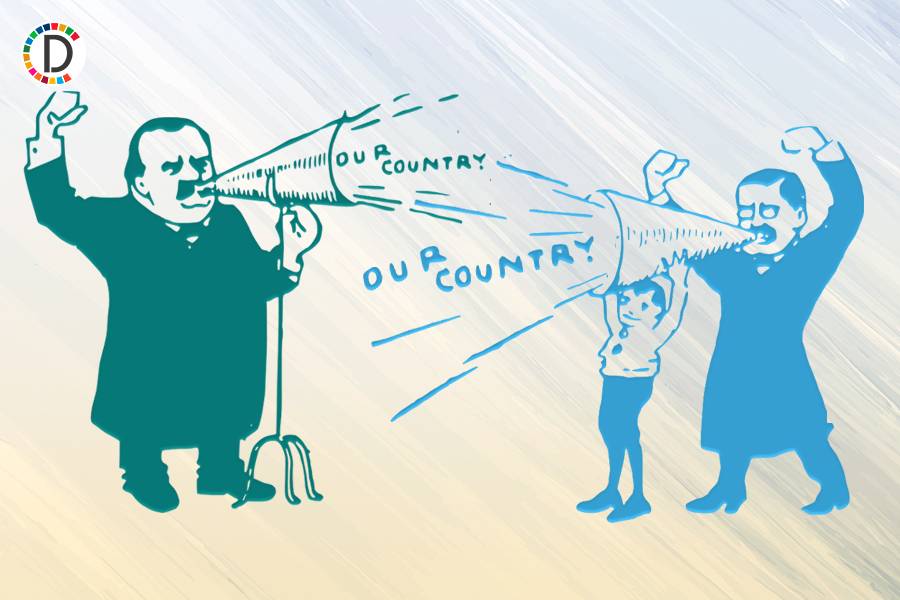Unravelling Germany's Ruling Coalition: Challenges Ahead
Germany's ruling coalition comprising the Social Democrats, Greens, and Free Democrats faces mounting pressure following regional election losses and declining polls. Questions about its sustainability until the next national vote have surged. Wednesday's resignation of the Greens' leaders has intensified doubts about the coalition's future.

Germany's ruling coalition of the Social Democrats, Greens, and Free Democrats is under increasing pressure to prove its stability following dismal regional election results and plunging poll numbers. Doubts are mounting about whether the coalition will hold together until the national elections next year.
Wednesday saw the Greens' leadership step down, adding to the uncertainty. The coalition, unique for its ideological diversity, was initially formed to accelerate digitalisation and transition toward a carbon-neutral economy. However, economic challenges, resulting from the Ukraine war and end of cheap Russian gas, have strained voter support.
Critics argue the coalition has lost its legitimacy and are calling for snap elections. The departure of one party could lead to a minority government, political crisis, or new coalition formation, echoing historical precedents. Although the Chancellor cannot directly call early elections, a vote of confidence could potentially trigger such a move.
(With inputs from agencies.)
ALSO READ
South Korean Political Crisis Deepens as Former Defense Minister Arrested
Martial Law Turmoil: South Korea's Political Crisis Deepens
Yellen Addresses South Korea's Political Crisis: A Diplomatic Exchange
South Korea in Turmoil: Martial Law Sparks Political Crisis
François Bayrou: A Veteran's Return Amidst France's Political Crisis










